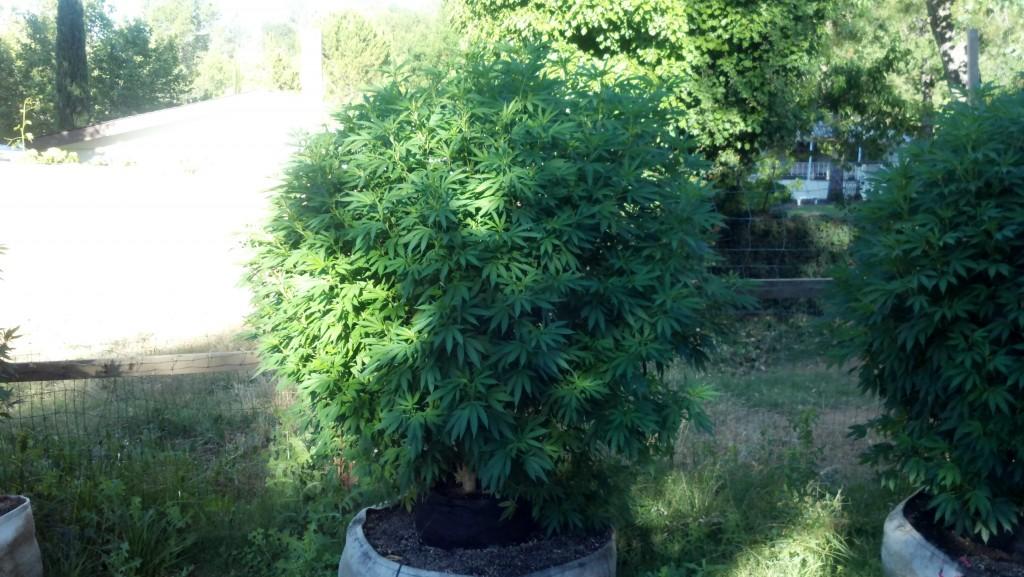
New and more restrictive medical marijuana regulations have been adopted in Shasta County, and Butte County is not far behind in implementing similar changes.
The Shasta County Board of Supervisors voted unanimously on Jan. 28 to limit medical marijuana patients to 12 plants on their property, regardless of how many people an individual is growing for.
Marijuana patients will be required to cultivate their crops in an enclosed, detached outbuilding that is separate from the main house, said Richard Simon, director of the Department of Resource Management in Shasta County.
If patients are found to not be compliant they risk receiving fines of up to $1,000 per day, per violation, or misdemeanor charges, Simon said.
Patients will have a certain amount of time to become compliant and it is up to the enforcement code officer to determine how severe the fines will be. Patients that have been found non-compliant were fined $15,000 under current laws, Simon said.
“There are two sheriff’s deputies and one code enforcer officer that are available to make sure patients are compliant,” he said.
Butte County is in the process of tightening its medical marijuana laws as well.
On Jan. 28, the Butte County Board of Supervisors passed new regulations to restrict the amount of land medical marijuana patients could use to grow, rather than the number of plants.
“We have three code enforcers for Butte County, and their job is to check all code violations,” said Sang Kim, a Butte County deputy administrator. “They are not focused entirely on medical marijuana violations.”
In Chico, a patient is limited to 50 square feet to grow on as long as they have more than a half-acre of property, Kim said.
The area increases for individuals with larger properties. Patients with more than five acres will be able to grow for other patients in a co-op situation, Kim said.
The updates to current laws will also change regulations on how complaints are handled.
Before the change, a person that wanted to file a complaint had to live within 1,500 feet of the property they were reporting on. The new regulations allow for anyone to complain, Kim said.
The final vote for the new amendments will be held at a Board of Supervisors meeting on Feb. 11. If approved, they will become effective in March.
TJ Carter can be reached at [email protected] or @tjcarter on Twitter.








